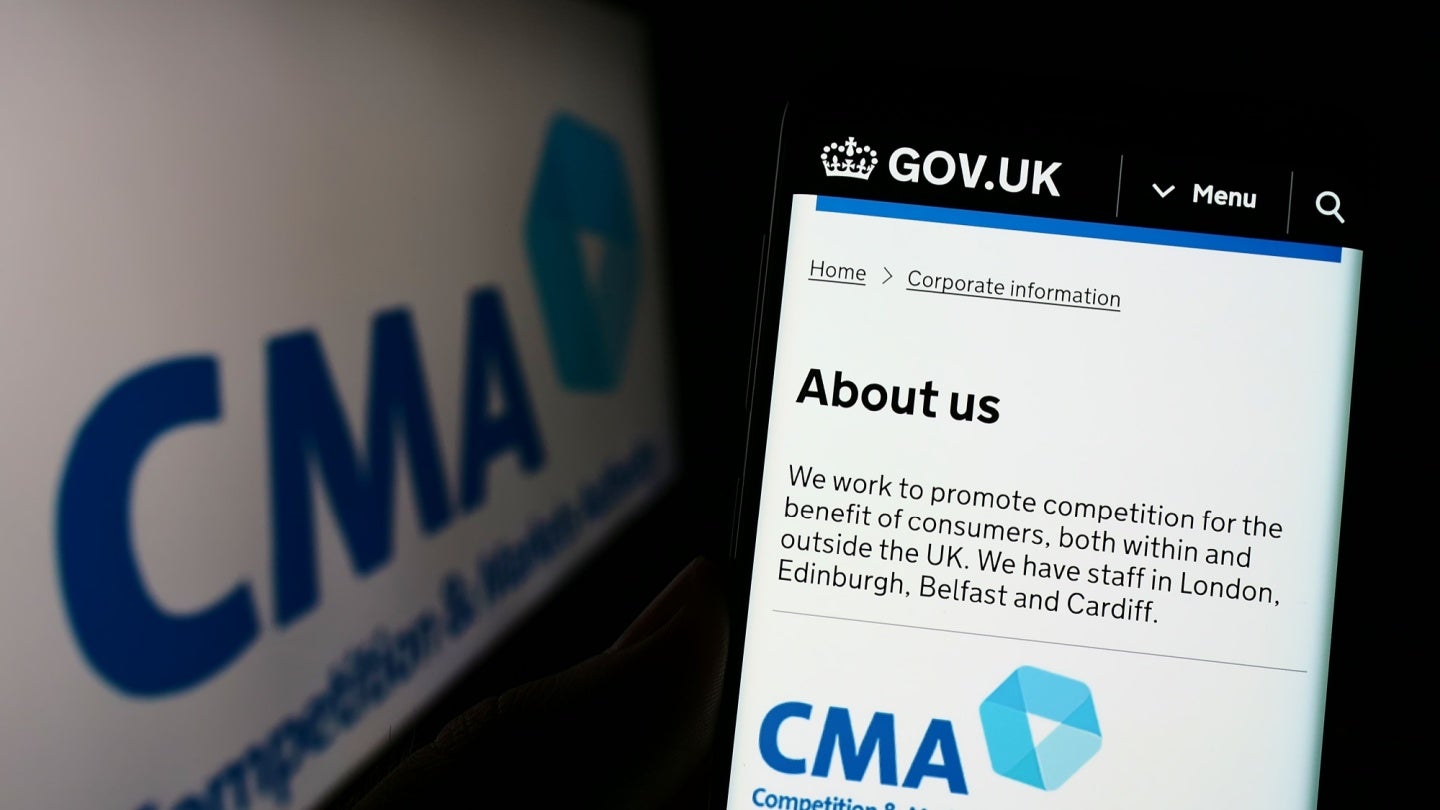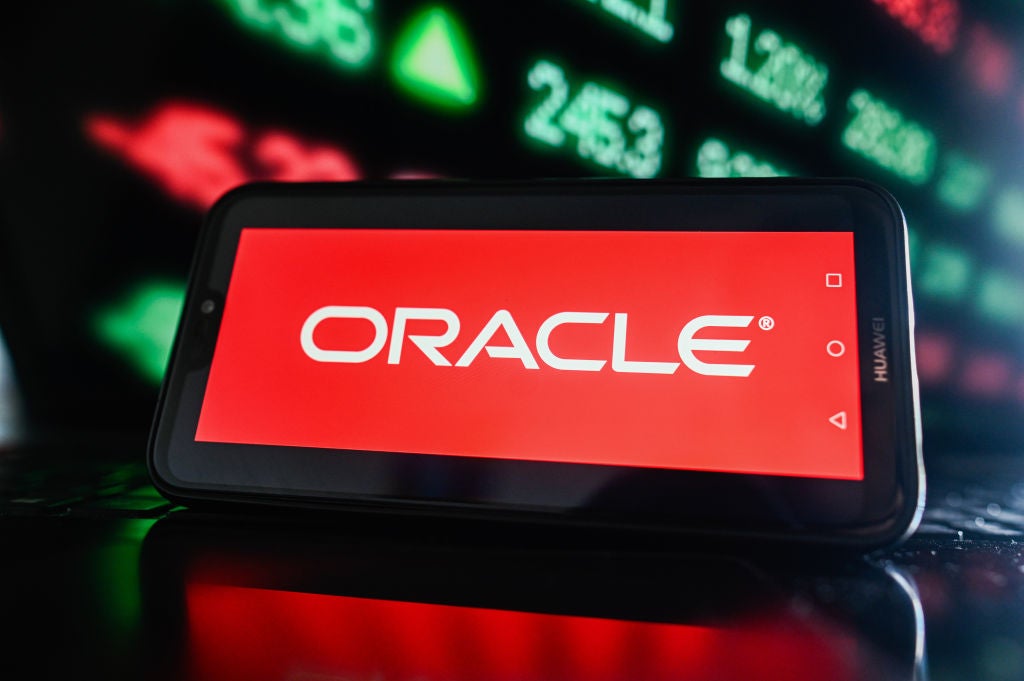
The UK’s antitrust watchdog, the CMA, has shared concerns that Big Tech’s “interconnected web” of investment and partnerships could lead to a monopolised AI market.
The CMA first began its investigation of the AI market in September 2023 when it published guiding principles to protect consumers.
“When we started this work, we were curious. Now, we have real concerns,” stated CMA CEO Sarah Cardell.
The CMA stated that it was concerned that Big Tech companies had too great an influence on the state of the AI market, deeply affecting how AI models are developed and deployed.
Big Tech companies have near unlimited access to large swathes of data and talent, which could make it harder for smaller companies to develop AI models to the same standard.
Holding such an influence on the AI market could lead Big Tech to shape it to its own interest, the CMA warned.
How well do you really know your competitors?
Access the most comprehensive Company Profiles on the market, powered by GlobalData. Save hours of research. Gain competitive edge.

Thank you!
Your download email will arrive shortly
Not ready to buy yet? Download a free sample
We are confident about the unique quality of our Company Profiles. However, we want you to make the most beneficial decision for your business, so we offer a free sample that you can download by submitting the below form
By GlobalDataIn an updated paper, the CMA identified more than 90 investments and partnerships between Google, Microsoft, Meta, Amazon and Nvidia. While it stated that these companies were able to bring a huge number of resources to the AI market, it warned that consistently involving the same companies in investment and partnership may fail to promote a pro-competitive AI market.
Cardell stated that the CMA would “keep very close watch” on the future state of AI partnerships.
The CMA CEO stated that without proper guardrails against a monopolised AI market, the full potential benefits of AI would not be seen.
“We recognise that today’s largest technology firms likely have an important role to play as the markets for foundation models evolve… But the benefits we wish to see flowing from all of this […] are much more likely in a world where those firms are themselves subject to fair, open and effective competition,” Cardell said.
The CMA did publish recommendations to Big Tech for maintaining diversity and competition in the AI market in its update paper.
This included a push for Big Tech to take responsibility to honestly inform their customers about the limitations and use cases for their AI products, with the belief that the best products and services will win out.
Douglas Dick, head of emerging technology risk at accountancy company KPMG UK, commented that the substantial growth in AI made a fair market more important than ever.
“While AI has existed for many years, the acceleration of generative AI in the last 18 months has seen increased demand across industry,” Dick said.
“The diversity of the market is going to be key to driving innovation, reducing barriers to entry and enabling ease of adoption,” he stated.
Research and analysis company GlobalData forecast that by 2030 the global AI market will be worth more than $909bn worldwide.







